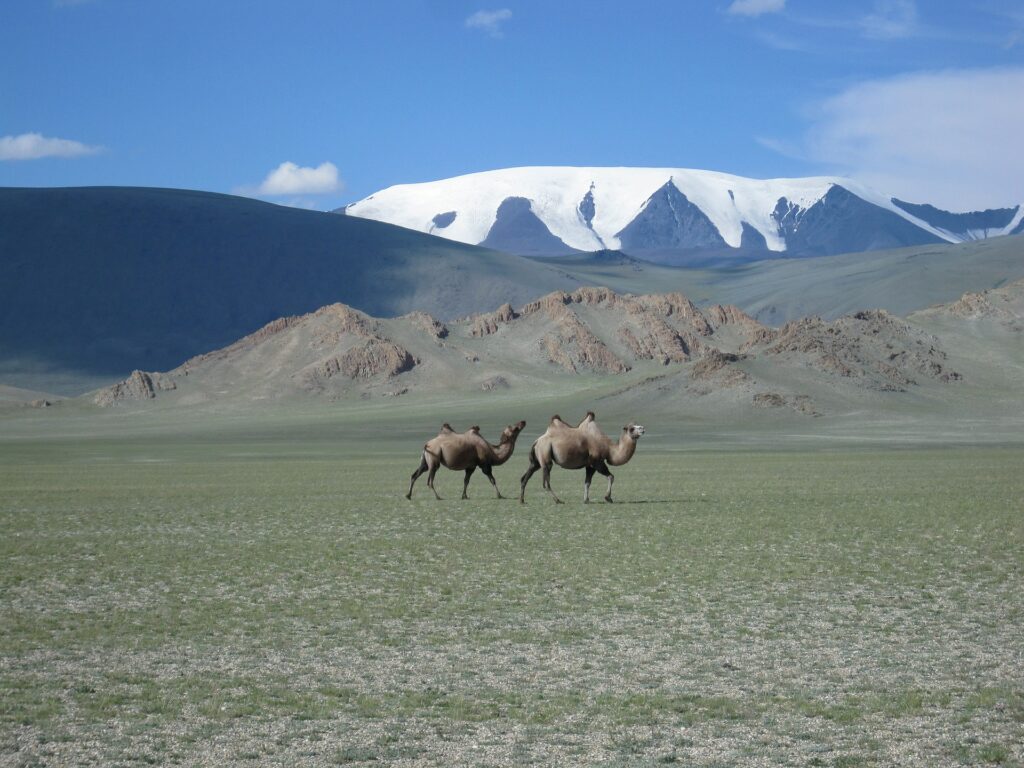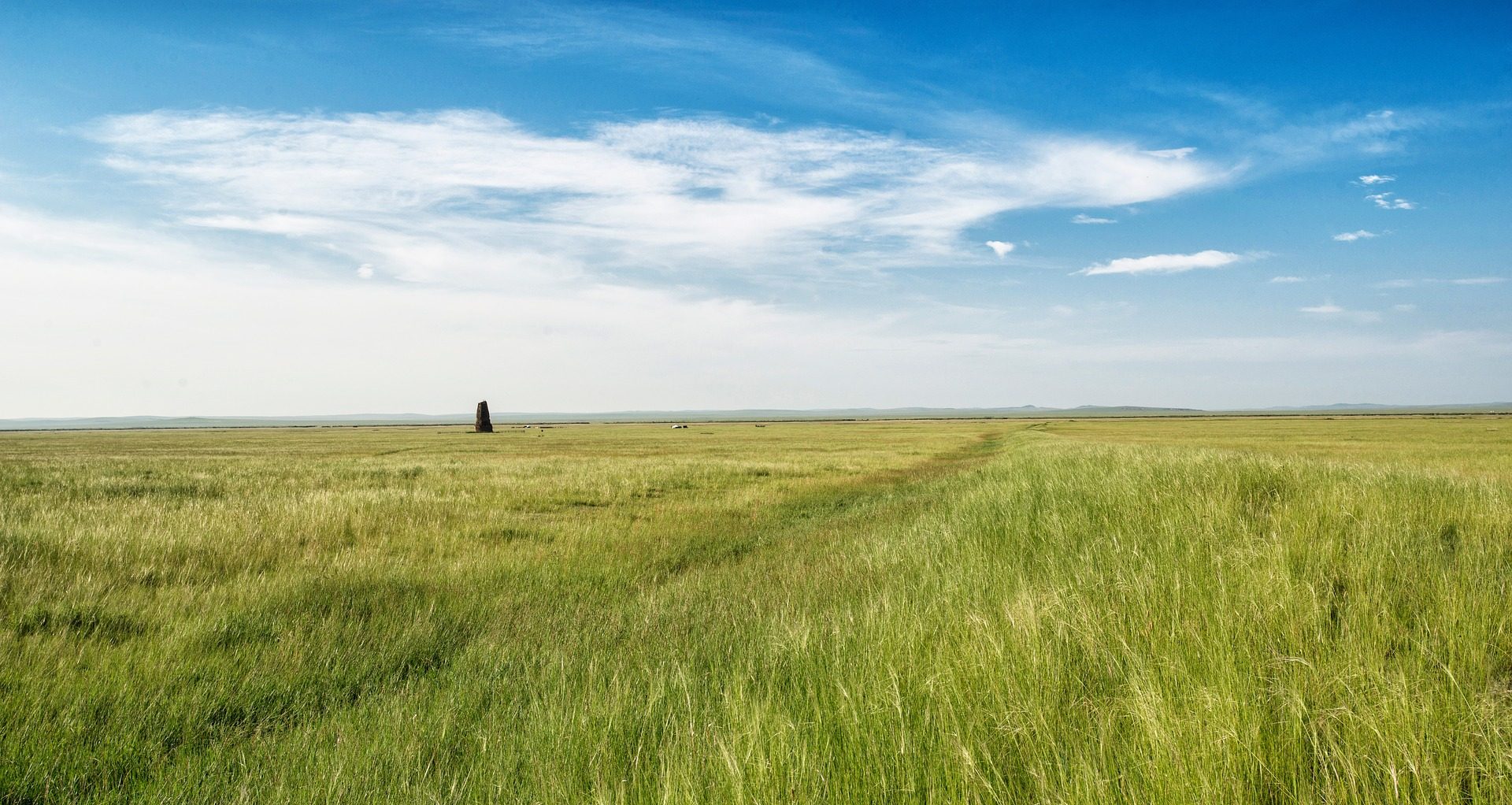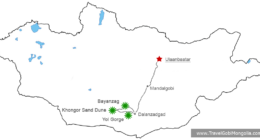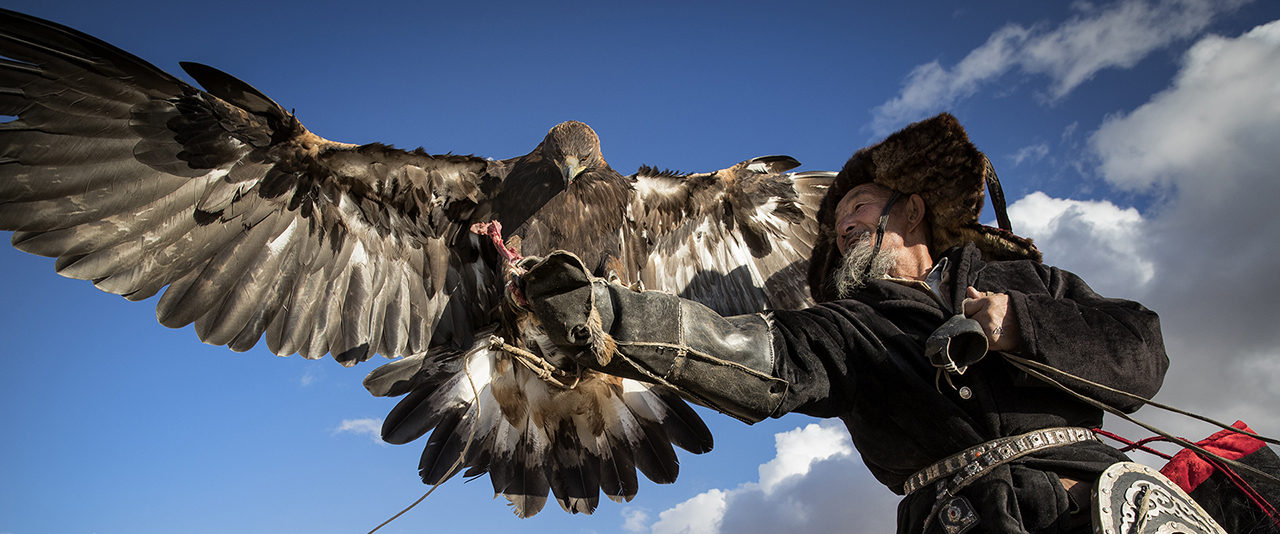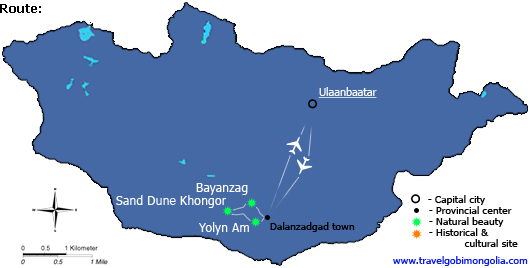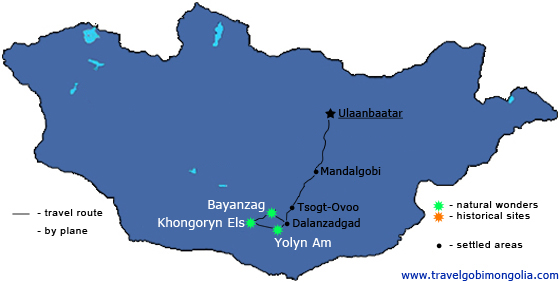Mongolia is a large country and the Mongolia destinations are many. We believe it may be split into zones as follows, depending on the geographical region. After that, we have selected the following attractions from each region based on our experience. So, you’ll find it in any one of these best destinations to visit, whether you want to soak up some culture or explore what Mother Nature has to offer. Check our Mongolia destinations.
- Around Ulaanbaatar
- Ulaanbaatar city
- Gorkhi-Terelj National Park
- Khustai National Park
- Gobi Desert
- Yol Gorge
- Khongor Sand Dune
- Bayanzag
- Central Mongolia
- Karakorum
- Orkhon Valley
- Khorgo-Terkh National Park
- Northern Mongolia
- Khuvsgul Lake
- Amarbayasgalant Monastery
- Western Mongolia
- Altai Tavan Bogd National Park
- Eastern Mongolia
- Deluun Boldog
- Dornod Mongolia Steppe
Around Ulaanbaatar
Ulaanbaatar city
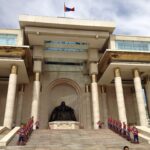
Mongolia’s capital, Ulaanbaatar, has a population of 1.3 million people. It’s a fascinating city that masterfully blends old and new. Visitors will discover a bustling metropolis overflowing with modern buildings, shopping, art, a booming nightlife scene, and restaurants, providing a contemporary contrast to the country’s huge countryside beyond it.
Gorkhi-Terelj National Park
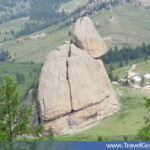
Gorkhi-Terelj National Park, located northeast of Ulaanbaatar, is a natural wonder and a haven for outdoor enthusiasts. Its rugged, sweeping terrain and various natural features attract visitors from across the world who wish to explore the pristine area on horseback or camels. This national park is the most visited place of all Mongolia destinations around Ulaanbaatar city.
Khustai National Park
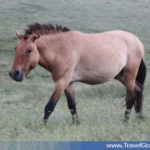
National Park Khustai where re-introduction of the wild takhi horses (Przhevalsky’s horses) has taken place since 1992. Takhi is last wild horse subspecies surviving in the 21st century. It was discovered in western Mongolia in the late 1870s by the Russian explorer N.M. Przhevalsky.
Gobi Desert
The Gobi Desert, the world’s fifth biggest desert, stretches across China and Mongolia, particularly in the country’s south. It’s a beautiful sight that stands in stark contrast to the rest of Mongolia; while you’re here, don’t miss the huge Khongor Sand Dunes. Gobi Desert is the most visited place of all Mongolia destinations. For more information, please go here.
Yol Gorge
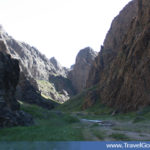
Yol means vulture in Mongolian and the gorge is located in Gurvan Saikhan Mountain range & stretches over 10 km. The narrowest part, only 3 or 4 person can pass in same time, of the valley is completely shaded from the direct sun shine by high cliff walls. Also, the valley is famous for the fact that there is ice created in winter by small stream of the valley present there even during the hot summer months until mid of Jul.
Khongor Sand Dune
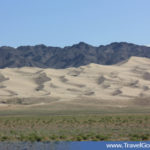
Khongor is biggest sand dune in the Gobi Desert that extend from 5 to 10 km in width, nearly 100 km long, with crests rising 80 to 300m above the surrounding landscape. The booming sound produced by the masses of moving sand can be heard from afar when occurs windy day. Hence locals called it as Singing Sands. Near Khongor River at the northern edge of the dunes, there is an oasis.
Bayanzag
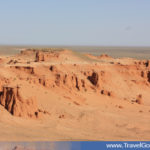
American zoologist Roy Chapman Andrews discovered this place and named as Flaming Cliffs. A lot of dinosaurs’ findings such as Protoceratops & dinosaur’ eggs have been found there in first time. The red colored cliffs themselves are very imposing from a distance, and are particularly fiery in the light of the setting sun.
Central Mongolia
Erdene Zuu Monastery
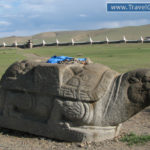
The Erdene Zuu Monastery, a little over a mile from Kharkhorin, originally housed between 60 and 100 temples at its heyday. The monastery, which was founded by Altai Khaan in 1586, is currently available to tourists who may wander the grounds and admire the picturesque splendor of the 16th-century structures. They may also have a guided tour of the interiors for a nominal charge. This is the biggest cultural visited place of all Mongolia destinations.
Orkhon Valley
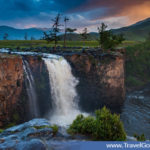
The Orkhon Valley Cultural Landscape, a UNESCO World Heritage Site, should be on your list of lovely locations to visit in Mongolia. The area is steeped in history and is located in central Mongolia, southeast of Ulaanbaatar. Architectural remains dating back to the 6th century may be seen throughout the terrain, notably Kharkhorin, Genghis Khan’s capital in the 13th and 14th centuries.
Khorgo-Terkh National Park
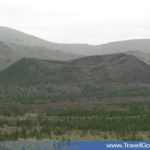
The Khorgo Volcano erupted in the Quaternary Period and its lava closed the water stream of a river and result of this meeting has created a truly incredible landscape, Khorgo Extinct Volcano and Terkh Lake, large placid lake is ringed by sandy beaches. There is a number of small or big circuit gorges, Shar Nokhoin Tam & Solo Person’s Cave etc, and complete or not complete erupted 13 volcanoes and rock formations with fast flowing rivers and cascades. From the top of the volcano panoramic view is superb.
North Mongolia
Khuvsgul Lake National Park
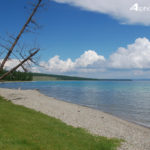
Lake Khövsgöl is frequently referred to as the “Dark Blue Pearl.” These deep waters are bordered by forests of pine trees, beautiful meadows, and, of course, a plethora of animals such as reindeer, moose, ibex, and yaks, and remain frozen for over half of the year. This is the most visited place among the Mongolian people of all Mongolia destinations.
Amarbayasgalant Monastery
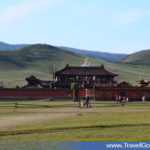
The Amarbayasgalant Monastery, with its 28 temples and breathtaking environs, is not officially a UNESCO World Heritage Site, but it is on the tentative list, which means it may be nominated soon. The natural theatre around it is nothing short of magnificent, nestled in the Ivon Gol River Valley, a lush, hilly environment. There are several magnificent sculptures to be seen in the green baize of the surroundings, in addition to the enclosure.
West Mongolia
Altai Tavan Bogd National Park
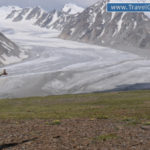
Altai Tavn Bogd, located in western Mongolia between the Russian and Chinese borders, has five of Mongolia’s highest mountain peaks. The area is rich in natural beauties, from glaciers to lakes to a 10-meter waterfall and historic monuments, including the UNESCO World Heritage Site Petroglyph Complexes of the Mongolian Altai.
East Mongolia, Mongolia destinations
Deluun Boldog Hill
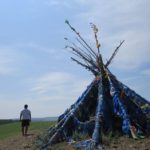
According to The Secret History of the Mongols, it is the location thought to be the birthplace of Genghis Khan in the year 1162 CE. Wildlife, lakes, rivers, and springs abound in this gorgeous and tranquil woodland setting. Mongols ascend to the summit of Deluun Boldog Hill to pay their respects to the cairn. Khajuu Bulag Spring, Temuujin family’s drinking water, located 1km west of the hill.
Dornod Mongolia Steppe
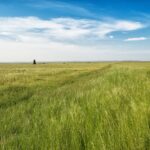
The Dornod Mongolia Steppe, located in eastern Mongolia, is a vast, protected grassland habitat, one of the world’s biggest. The enormous terrain is spectacular enough on its own, but it is also home to around 40,000 Mongolian white-tailed gazelles, making it a wildlife photographer’s dream.
Pictures of Mongolia destinations
Visit our Facebook page to see our photos of Mongolia destinations. Click here.
